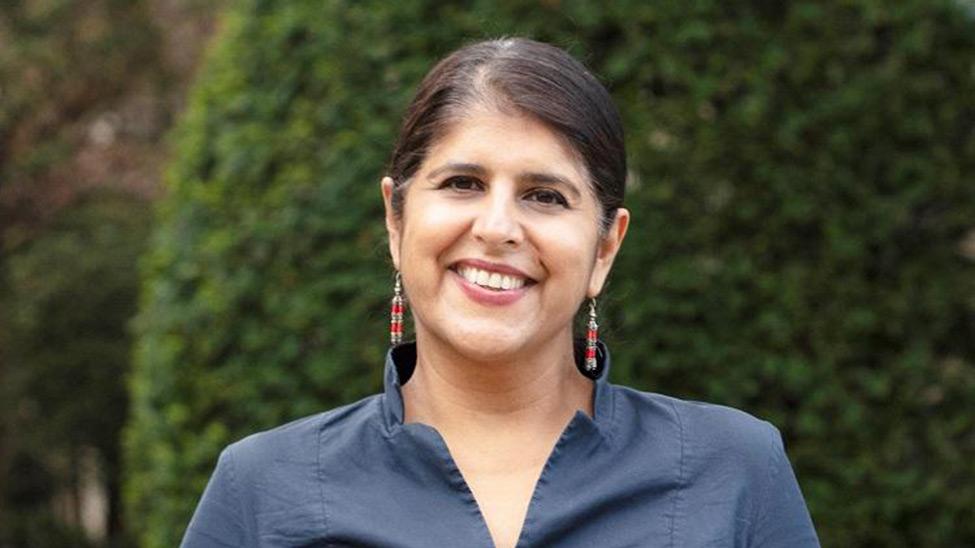
Oysters are powerful allies that need our help — in New York, on Cape Cod, beyond | Opinion
Dyson Professor Maria Luskay and Public Affairs Jerry McKinstry co-authored an Op-Ed in the USA Today Network of newspapers about the lessons learned during the filming of Tide to Table: The Remarkable Journey of Oysters.
Exclamation points and emojis at work are exhausting! ? Here's why you should use them anyway.
What's more, the phenomenon has an upside, experts say. The urge to Slack-splain forces us to communicate with clarity and empathy — a much-needed skill in today's workplace, Pace University's Paul said. In too-heavy doses, it can leave the perkiest of us feeling worn out. But in measured amounts, it can promote cohesion among teams — and, ultimately, make us better people.
Gen-Z and the "New" College Hookup Culture
Social media and dating apps have fundamentally changed the culture of sex, and this impacts how young adults are shaping their personal relationships today. In her new book, The Current Collegiate Hookup Culture, online dating researcher Aditi Paul talks about the “new” culture of sex on college campuses.
Professor Smita Narula Receives 2022 Faculty Award for Excellence in Teaching
Professor Smita Narula has been selected to receive the 2022 Faculty Award for Excellence in Teaching. Each spring, the Faculty Development Committee selects a member of the tenured or tenure-track faculty or a visiting professor with a contract longer than one year in duration to receive the award . The Faculty Award for Excellence in Teaching recognizes that outstanding pedagogy occurs in a variety of settings at the Law School—it can be found in courses of all sizes and types, in teachers with diverse styles, and across subject matters.
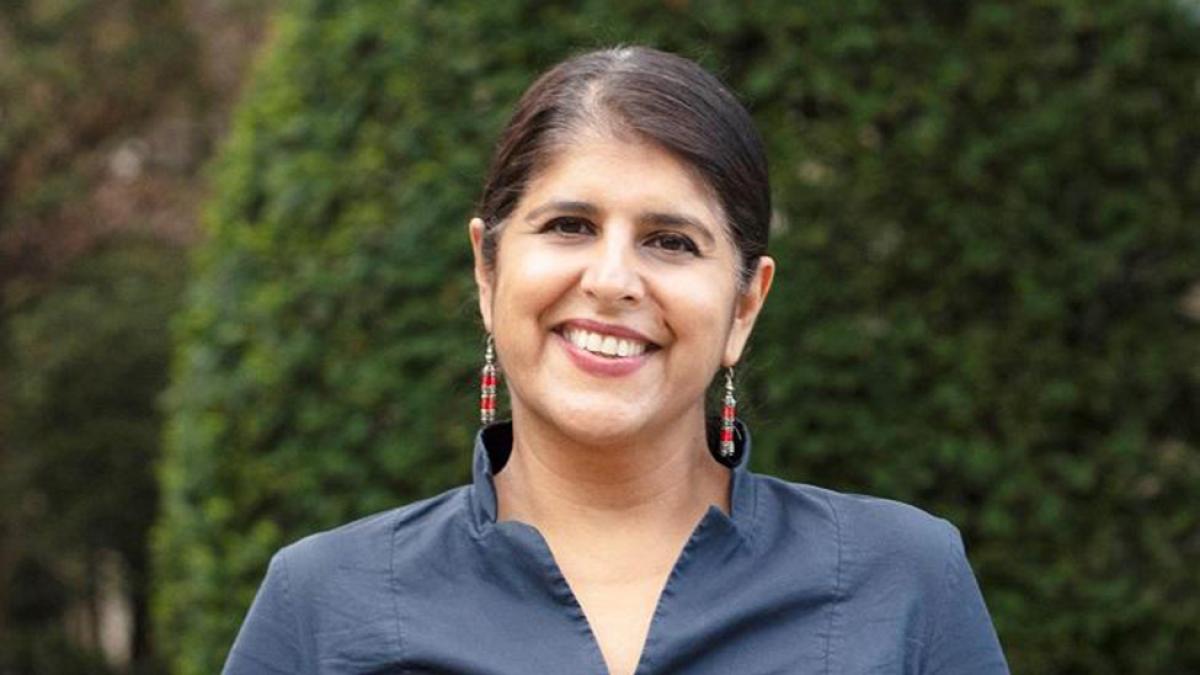

Professor Smita Narula has been selected to receive the 2022 Faculty Award for Excellence in Teaching. Each spring, the Faculty Development Committee selects a member of the tenured or tenure-track faculty or a visiting professor with a contract longer than one year in duration to receive the award . The Faculty Award for Excellence in Teaching recognizes that outstanding pedagogy occurs in a variety of settings at the Law School—it can be found in courses of all sizes and types, in teachers with diverse styles, and across subject matters.
This year, the Faculty Development Committee received several nominations, and reviewed class recordings and student evaluations of professors. “All of the nominations were extremely impressive. We learned a lot from seeing how our colleagues taught their classes and how the students responded, especially during the unique times of Zoom/hybrid teaching,” said Emily Waldman, Professor of Law and Associate Dean for Faculty Development. “While there were so many wonderful comments about all of the nominees, the comments regarding Professor Narula really stood out. Students noted not only her subject matter expertise, but also the way that she managed to engage them and create a truly warm, nurturing classroom environment even while teaching remotely. Professor Narula’s intellect, energy, and compassion make her an excellent colleague and professor.”
When she learned that she had received this award, Professor Narula expressed her gratitude: “I feel so honored and moved by this recognition, especially as it comes from a community of incredible and inspiring educators that I feel lucky to be a part of. It is a privilege to teach the next generation of lawyers, scholars, and advocates at Haub Law, from whom I have learned a great deal.”
Professor Smita Narula is the Elisabeth Haub School of Law’s inaugural Haub Distinguished Chair of International Law and Co-Director of the law school’s Global Center for Environmental Legal Studies. Professor Narula teaches International Environmental Law, International Human Rights Law, Environmental Justice, Human Rights and the Environment, and Property. She is author of dozens of widely-cited publications on human rights, food systems, and the environment, and has helped formulate policy, legal, and community-led responses to a range of social justice and ecological issues worldwide.
In 2021, Professor Narula was inducted as a Fellow into the American College of Environmental Lawyers. Prior to joining Haub Law School, she was Distinguished Lecturer and Interim Director of the Human Rights Program at the Roosevelt House Public Policy Institute at Hunter College. Prior to Hunter, Professor Narula was an Associate Professor of Clinical Law at NYU School of Law where she taught the International Human Rights Clinic and served as Faculty Director of the Center for Human Rights and Global Justice. In these capacities, she helped found and grow the law school’s human rights program—a top-ranked program for international law in the United States.
In 2008 she was appointed legal advisor to the U.N. Special Rapporteur on the Right to Food and served in this capacity for the duration of the Rapporteur’s six-year mandate. From 1997 to 2003, Professor Narula served as India researcher and Senior Researcher for South Asia at Human Rights Watch, and in 2000, she co-founded the International Dalit Solidarity Network, a transnational advocacy network that helps advance the right to equality for 260 million people affected by caste-based discrimination worldwide. Professor Narula's most recent article, tentatively titled Confronting State Violence: Lessons from India’s Farmer Protests, is forthcoming in the Columbia Human Rights Law Review.
Professor Narula graduated with honors from Harvard Law School where she was editor-in-chief of the Harvard Human Rights Journal. Prior to law school, she earned a B.A. and M.A. with honors from Brown University and worked on HIV and public health issues at UNICEF and the United Nations Development Fund.
Creating Clubs and Building Businesses
Before enrolling at Pace University in the fall of 2021, Max Schillinger was already building a business. But thanks to the resources within the Lubin School of Business, he was ready to build his second business and start a new on-campus organization before even wrapping up his freshman year.
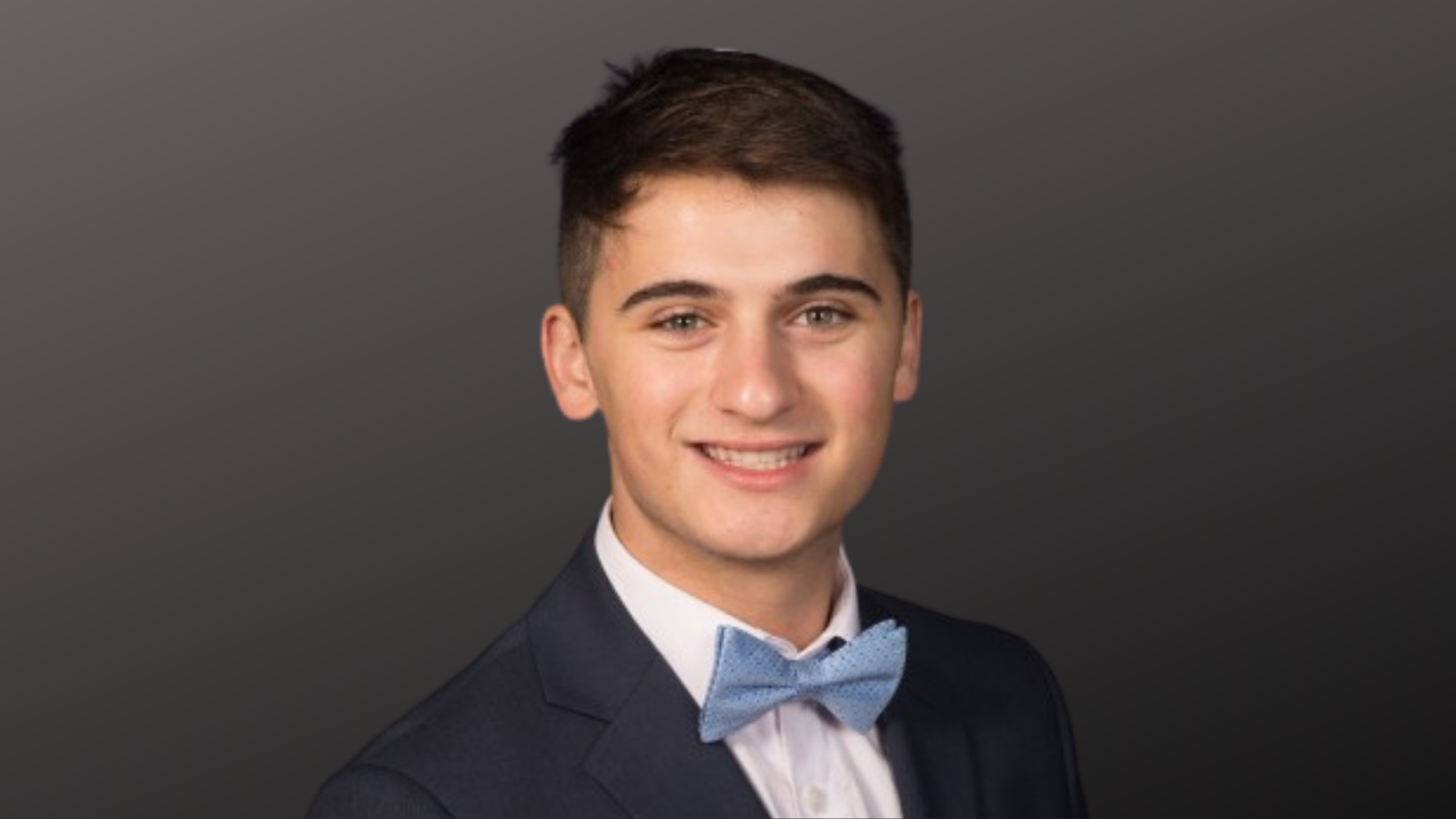
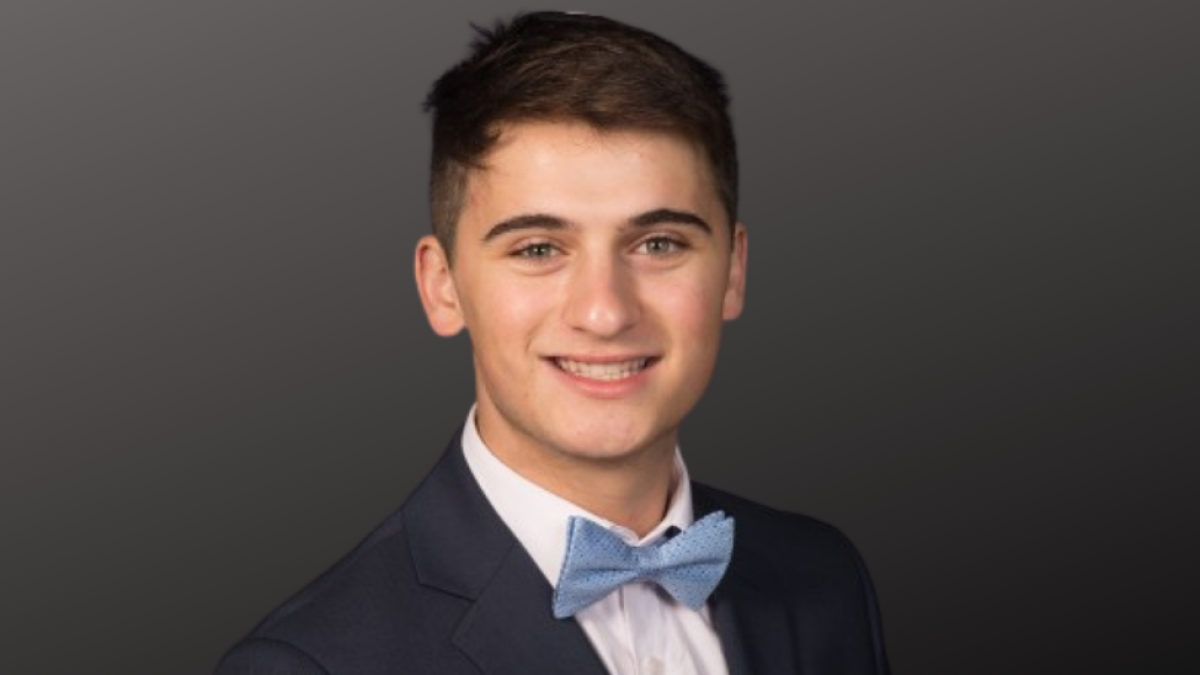
Max Schillinger
Class of 2025
Currently Studying: BBA in Business Management
Member Of: Soul Fighter: The club for fitness and self-defense through boxing (Vice President)
Pronouns: He/Him
Before enrolling at Pace University in the fall of 2021, Max Schillinger was already building a business. But thanks to the resources within the Lubin School of Business, he was ready to build his second business and start a new on-campus organization before even wrapping up his freshman year.
Why did you choose Pace University and the Lubin School of Business?
I chose Pace University because of the number of opportunities there are in New York to help grow the business I started years ago. I feel like Pace provides huge opportunities that not many schools offer, which translates into having everything within close proximity, having all resources in one place to aid all students’ goals, and building a formidable structure to help students succeed. Striking a balance between business, performing arts, and other areas of study can help me grow HDM Enterprises, a conglomerate that focuses on helping individuals within the entertainment world succeed.
How have clubs on campus helped enrich your student experience?
By starting Soul Fighter with my three friends, Shahab Gharib, Henry Richard, and Matthew Illovsky, we were able to create a community within Pace that focuses on giving students a full body workout, along with teaching them self-defense skills. Before even becoming an official club and with minimal promotion, we had over 90 students sign up for the club and have around 40 active members! Some students who signed up can’t attend because of their class schedules, so we hope to offer more classes next year! Being able to start a club in my first year has given me the opportunity to work on a team, attend laborious training sessions, and complete the necessary paperwork to make the club official at Pace. Going through the new student organization process allowed me to work hard to achieve something I wanted and has strengthened my team-building skills. Even greater, this experience has allowed me to prove that my team and I have something to give that benefits the Pace student body, which hopefully inspires others to work hard.
You spent the past five years developing a new social media app. What motivates you to work hard?
Kholab Effect started off as a passion project in 2018. Having a strong passion for creating content, I felt like there needed to be an easier way for content creators and social media influencers to be able to collaborate on videos, share talents, and help each other achieve goals. Soon after, the idea struck - What if there was one platform that allowed users to collaborate on videos, find others that share a similar vision, and help one another get their content out to the world? Fast forward one year and the app “Kholab Effect” was born. When the app first launched, there was amazing feedback, and it continued to grow from there. In its prime, the company was comprised of a development team, which was responsible for perfecting and upgrading code along with an entire management team. We also have a digital marketing director, a vice president, two talent managers responsible for social media influencers on the app, and a creative director who develops new ways to keep the app running and relevant. What fueled me the most while building Kholab Effect was the clear vision I had to share with the world. What made me work so hard was the community within the app that created an environment for people to collaborate with others.
Pace is a place with numerous resources and a vast network to assist students in reaching their goals. Whether it be getting involved in a club, reaching out for help in a class, or starting an entirely new business, use all the resources you have while you have them.
You are also the business development manager for HDM Edits, specializing in post-production for content creators. How is the Lubin School of Business preparing you and shaping your experience in this role?
After moving to New York, I knew I was ready to step away from Kholab Effect and begin working on my new project, HDM Edits, a post-production agency that specializes in creating videos for content creators and New York-based companies. While it may seem like a video service to others, its true mission is to help freelance video editors find clients so they can focus on the creative aspect of the job. In the entertainment market, I’ve discovered that video editors have such great talent but they lack the business skills and relationships to find clients. Through HDM Edits, I hope to bridge the gap between the creative and business worlds for video editors. I bring in clients and long-term contracts for editors so they are able to focus on the creative aspect of the work. The Lubin School of Business has helped me by connecting me with professors that I can share my business plan with and receive necessary feedback. Additionally, classes such as Contemporary Business Practice and Business Management have shown me several business execution plans that I can integrate into my business model.
What has been your favorite opportunity at Pace?
Pace has given me the opportunity to accomplish a number of things while only being a freshman. Between running businesses and a club while being a student, I don’t think I would have been able to maintain the schedule I did these last two semesters at any other school.
Do you have any advice for other Lubin students?
I would recommend taking the initiative and exploring areas outside of your comfort zone because that is what college is all about. There are so many things that Lubin, Pace, and NYC offer, so really take advantage of every opportunity that is presented to you because if you don’t, someone else will.
What does #LubinLife mean to you?
What #LubinLife means to me is growing together: unity. There is no need to get intimidated by upperclassmen, professors, or faculty. Everyone is here to help one another thrive. One of my main skills I use in life (boxing, education, business, and social) is collaboration. Being able to work on a team or incorporate teamwork into any project while addressing any obstacle can be a huge contributor to success. #LubinLife is more of an environment that allows students to grow, thrive, and succeed.
Connect With Max:
Lawsuit Alleges Discrimination Against Renters With Vouchers
Elisabeth Haub School of Law at Pace University Professor Randolph M. McLaughlin speaks out about discrimination with housing vouches in NYC and lack of enforcement.
Jessica-Taylor Lehman: From Competitive Dancer to International Law Student
The first in her family to go to law school and pursue a post-graduate degree, Jessica-Taylor Leaman ’24 grew up in Toronto, Canada with her parents and grandparents. Intrigued with the law from an early age, Jessica forged her path to law school by majoring in criminal justice in undergraduate school.
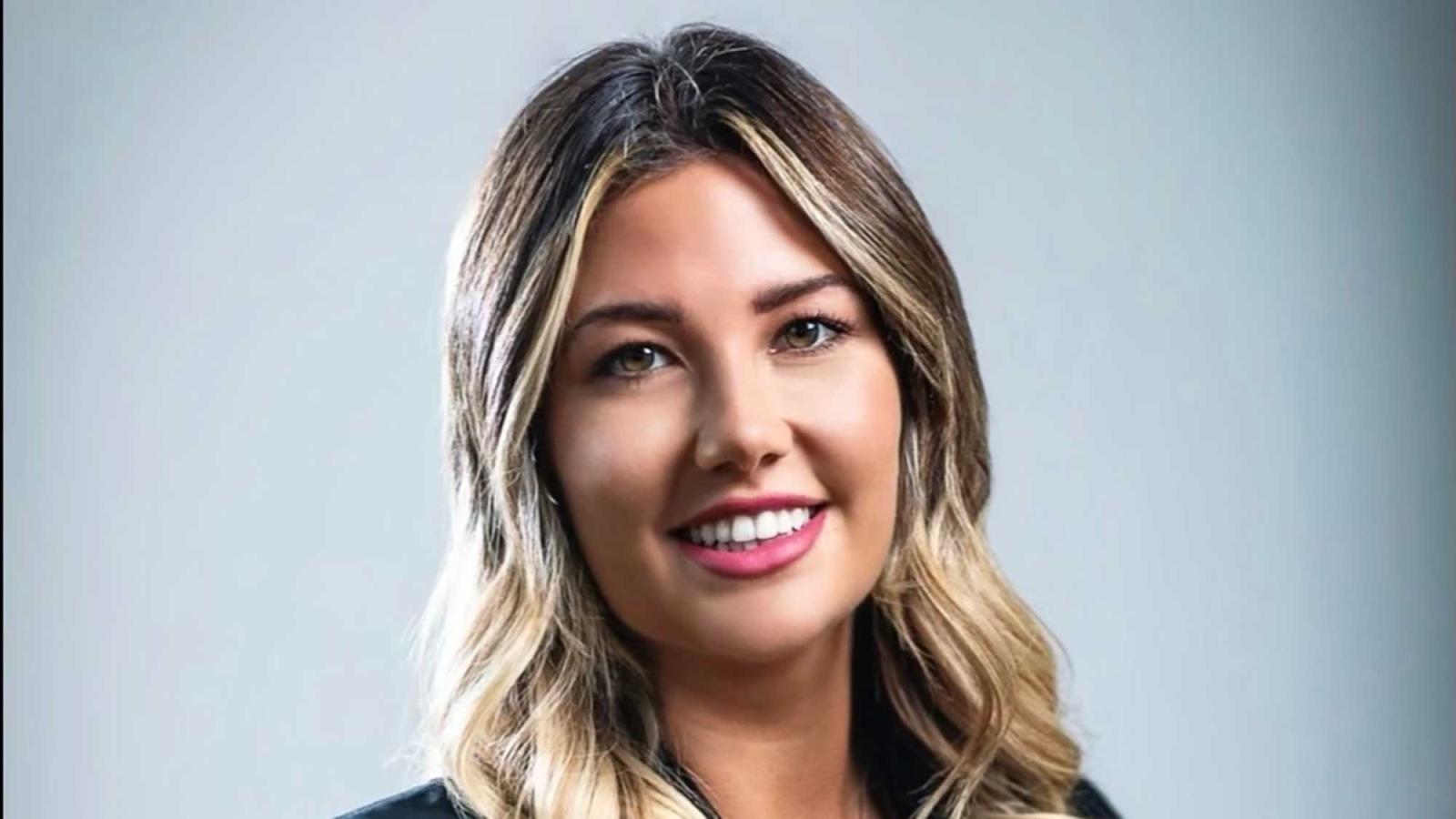
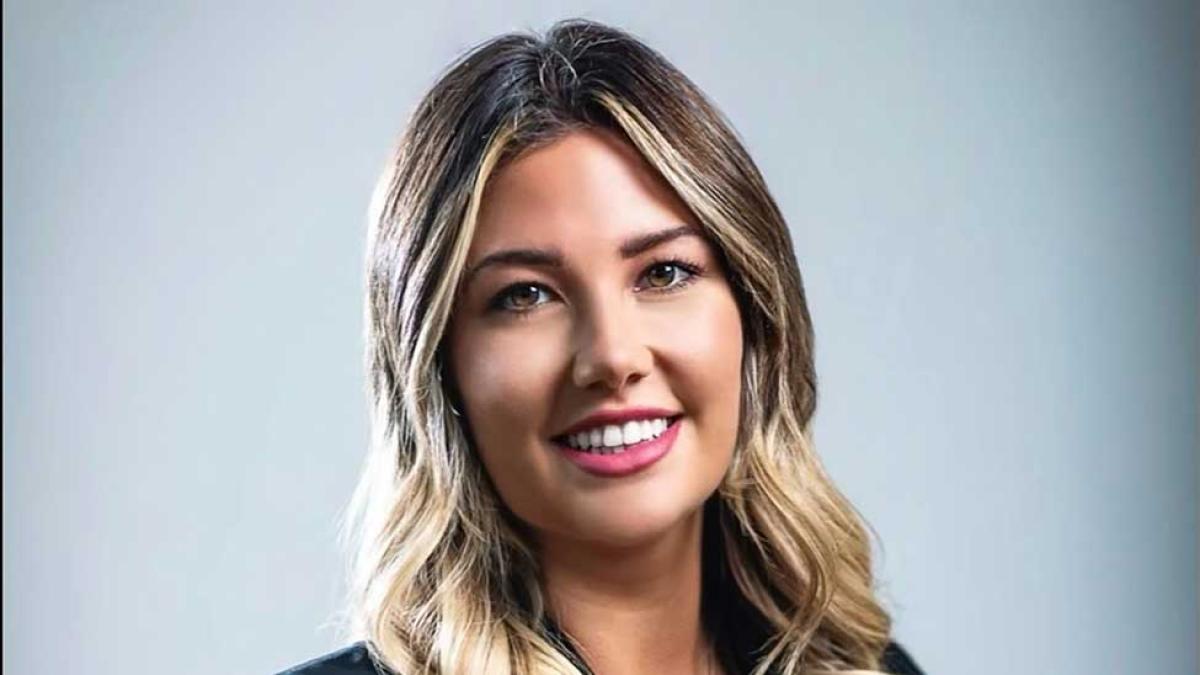
The first in her family to go to law school and pursue a post-graduate degree, Jessica-Taylor Leaman ’24 grew up in Toronto, Canada with her parents and grandparents. Intrigued with the law from an early age, Jessica forged her path to law school by majoring in criminal justice in undergraduate school. “Before I began at Haub Law, I was sure that I wanted to be a criminal defense attorney. However, upon completing my first year, I decided that it wasn’t for me, and I found a new interest in tort and property law.”
Jessica describes her entire experience at Haub Law so far as “welcoming.” “Everyone has been so kind and helpful. The transition as an international student can be especially challenging and the upper year students have truly made my journey here smooth and positive. The professors have been amazing, Professors Mushlin and Czarnezki especially! They truly know how to get the most out of their students. Professor Czarnezki made us laugh each class, and Professor Mushlin reinforced the main concepts every chance he had.”
To further her decision to have a well-rounded law school experience, Jessica is also the representative for the Corporate and Commercial Law Society. “My dream is to work at a firm surrounded by excellent attorneys who will ensure that I never stop learning about the law. As I go through school, I will find my niche but as of now, I am keeping an open mind and embracing whatever opportunities present themselves with open arms.” Jessica is currently completing a summer internship with Bell Temple LLP in Toronto, Canada and is thoroughly enjoying the hands-on learning experience.
In her spare time, Jessica enjoys staying active and focusing on her other passion: dance. She was a competitive dancer until she was 18 and continued as a teacher and choreographer until the summer before her 1L year. “Dance has always been a passion of mine and I like to think that my training has shaped me into a hard working individual who will make a great lawyer.”
As far as advice for future law students, Jessica has two words: stay organized. “There are numerous meetings and networking opportunities that happen on and off campus and it is important to schedule everything in so that you can take advantage of all the opportunities that Haub Law has to offer.”
Theresa K. Lant awarded the title of Distinguished Professor
Lubin management professor Theresa K. Lant has been awarded the title of Distinguished Professor. This is the highest honor Pace University bestows on a faculty member in recognition of a sustained record of extensive, extraordinary research and scholarship, outstanding teaching, and exemplary service to the University, community, and the faculty member's professional field.

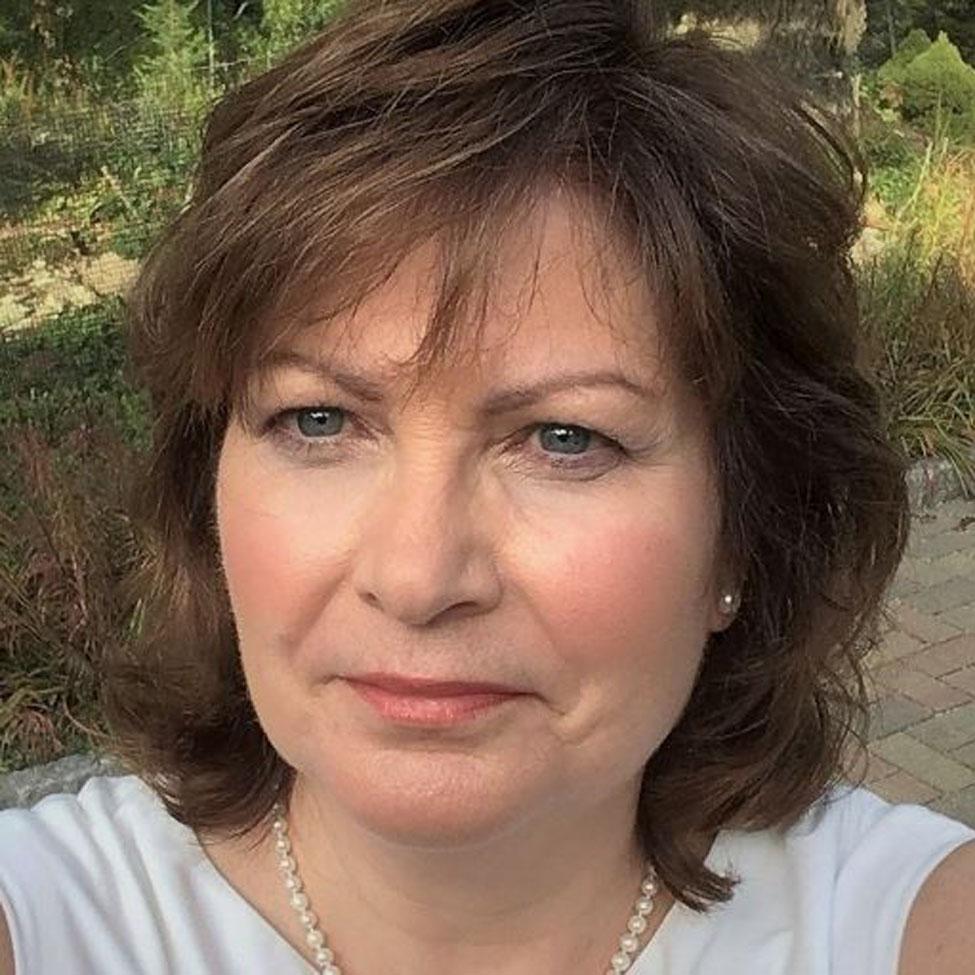
Lubin management professor Theresa K. Lant has been awarded the title of Distinguished Professor. This is the highest honor Pace University bestows on a faculty member in recognition of a sustained record of extensive, extraordinary research and scholarship, outstanding teaching, and exemplary service to the University, community, and the faculty member's professional field. Professor Lant's dossier was strongly recommended by her department Chair, school Dean, and many Pace colleagues, and supported by the University Distinguished Professor Advisory Committee, endorsed by the Provost and President, and approved by the Pace Board of Trustees.
Theresa K. Lant is Professor of Management and Academic Director of the Arts and Entertainment Management Program at the Lubin School of Business, Pace University, joining Pace in 2009. She is Board of Directors Chairperson of Arc Stages in Pleasantville, NY, a non-profit live theater organization that provides educational programming, community theater, and professional theater. In her consulting practice, she provides team building and coaching for interdisciplinary teams in medicine and engineering.
Professor Lant is a graduate of the University of Michigan (AB 1981) and Stanford University (PhD 1987). She is an internationally recognized scholar whose work on learning and adaptation in teams and organizations is highly influential. Her current work focuses on interdisciplinary teams in science, engineering and medicine. She received a National Science Foundation grant in 2013 to support this research, which is also highlighted in the National Academies of Science, Engineering, and Medicine report entitled Enhancing the Effectiveness of Team Science (2015).
Formerly a Senior Editor at Organization Science, a top tier management journal, she now serves on the editorial review board of the Informing Science Institute Journal and is a founding member and reviewer of the International Network for the Science of Team Science (INSciTS). She has served in a variety of leadership roles in the Academy of Management and the INFORMS College on Organization Science.
Her publications have appeared in Clinical and Translational Science, Small Group Research, Group and Organization Management, Journal of Economic Behavior and Organization, Journal of Management, Management Science, Organization Science, and Strategic Management Journal.
In National Mental Health Awareness Month, What We Can All Do For The Mental Health Of College Students
Our country is in a mental health crisis. And our colleges and universities are in a student mental health crisis. This was true before the pandemic. And I’ve written before about how it’s getting worse. May is National Mental Health Awareness Month, and before the month ends it’s time for us all to commit to giving our students the support and resources they need.
The quest to humanise AI
Dr Aditi Paul, assistant professor of communication studies at Pace University, New York, says “researchers agree that added benefits in online interaction not only personalises human connection but hyperpersonalises it.”